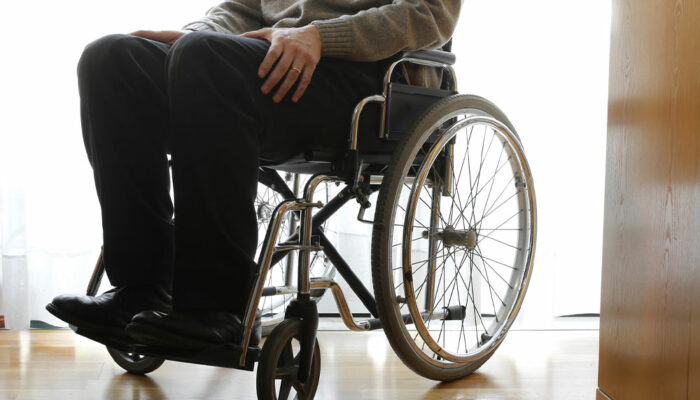
health
Top 5 subtle signs of autoimmune diseases
The immune system comprises various organs and cells that aim to protect the body from viruses, parasites, bacteria, and cancer cells. However, when one has an autoimmune disorder, the immune system attacks the body instead of protecting it. Today, there are over a hundred autoimmune diseases, including lupus, Crohn’s disease, rheumatoid arthritis, and ulcerative colitis. Keep reading the article to learn more about autoimmune diseases, their symptoms, and management techniques. Symptoms of autoimmune diseases In most cases, the early signs of autoimmune diseases can be very similar and are relatively easy to ignore, and here are some early symptoms to look out for. Body pain Usually, persistent pain in the muscle and joints that cannot be explained is a sign of multiple autoimmune diseases such as rheumatoid arthritis, lupus, and Hashimoto’s thyroiditis. So, if one experiences pain all over the body, one should not ignore it as an effect of a workout. Instead, they must focus on blood tests and X-rays to diagnose the underlying condition. Unexplained rashes on the skin In most cases, the skin mirrors the inflammation inside the body. So, when the level of inflammation increases, it can lead to red blotchy, itchy, and even scaly skin rashes on the body.
Read More 








